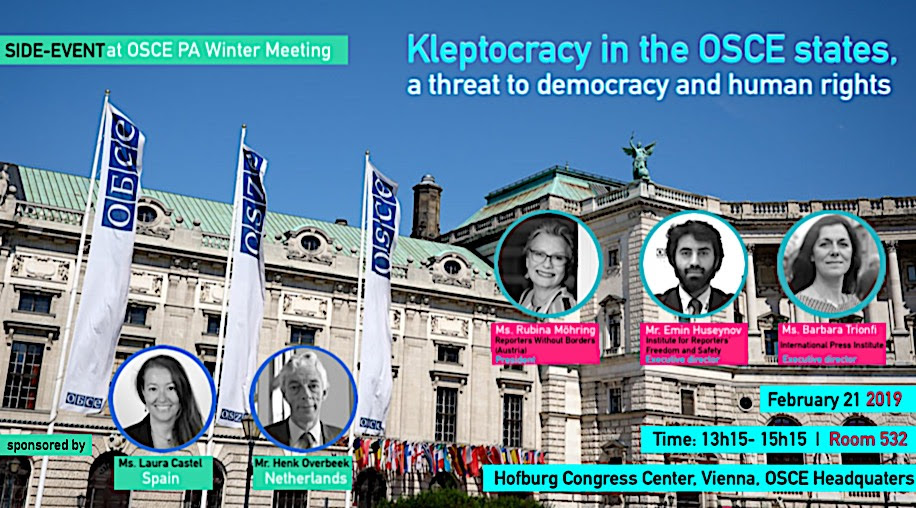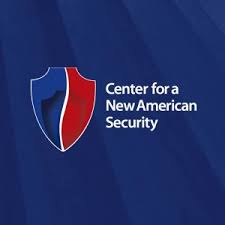
Targeted sanctions have been a critical tool for policy-makers, whether in countering a kleptocratic Kremlin or in upholding democracy in a post-Western order.
Decision-makers have deployed sanctions against strategic adversaries and national security threats ranging from Russia to non-state actors such as terrorist groups, drug cartels, and businesspeople who engage in corrupt activities, notes a new brief from the Center for a New American Security.
The CNAS Task Force on the Future of U.S. Sanctions describes five high-impact recent developments and their implications for the future of U.S. sanctions:
 A shift toward more aggressive use of U.S. unilateral sanctions, including secondary sanctions;
A shift toward more aggressive use of U.S. unilateral sanctions, including secondary sanctions;- Congress’s growing role in sanctions implementations and management;
- An increase in unintended consequences;
- Growing foreign government efforts to circumvent the U.S. financial system and U.S. sanctions; and
- Increasingly important role of technology.
The appeal to both policy leaders and key constituent groups of the potent economic impacts of sanctions in several high-profile cases, particularly Iran, Russia, North Korea, and Venezuela, combined with broad bipartisan support, suggests that the U.S. will favor this policy tool and be an active practitioner in the years ahead, adds the Task Force.*
*A Report from Select Members of the CNAS Task Force on the Future of U.S. Sanctions: Howard Berman, Paula Dobriansky (Co-Chair and former National Endowment for Democracy board member), Sue Eckert, Kimberly Ann Elliot, David Goldwyn, Peter Harrell (Principal Co-Author), Theodore Kassinger, George Lopez, Richard Nephew, Stephen Rademaker, Frederick Reynolds, Elizabeth Rosenberg (Principal Co-Author), Daleep Singh, Julianne Smith, Adam Szubin (Co-Chair), Juan Zarate, and Rachel Ziemba.







